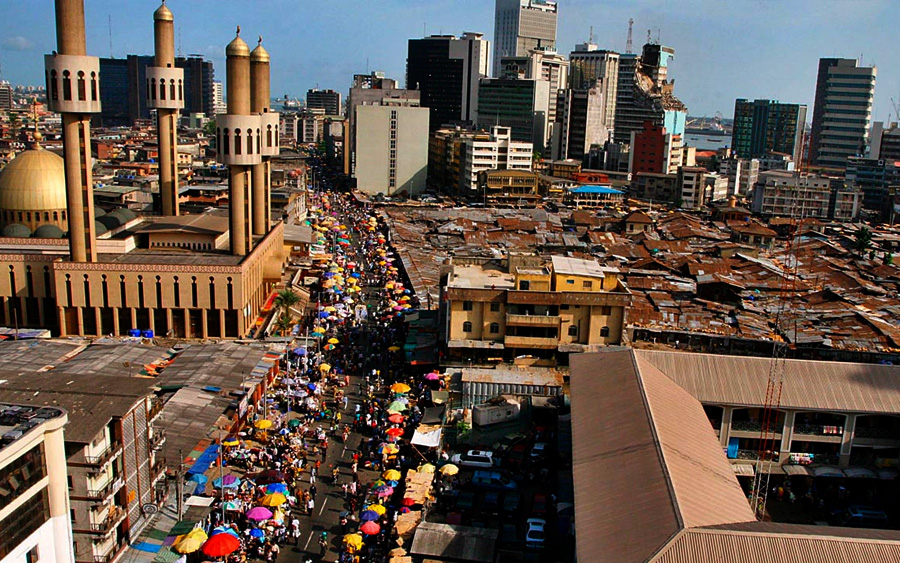Nigerians in Diaspora sent an estimated $25 billion in remittance to the country in 2018, representing 6.1% of the nation’s Gross Domestic Product, a PricewaterhouseCoopers Economic Outlook Report disclosed.
Nigeria’s migrant remittance inflow was also 7 times larger than the net official development assistance (foreign aid) received in 2017 of $3.359 billion, while the figure translates to 83% of the Federal Government budget in 2018 and 11 times the Foreign Direct Investment flows in the same period.
PwC Economy analysis
The economic growth trajectory of Nigeria will be impacted by depressed oil demand coupled with production supply cuts and price fluctuations. Pre and post-election period will also play a part in dampening the investment climate. The report, however, stated that the real GDP growth expected to grow slightly to 2.5% y/y on moderate improvements in net exports and domestic demand.
‘’We expect revenues to underperform budget by 0.27% as a shortfall in oil supply offsets the impact of oil price growth scenarios. Consequently, debt service to revenue expands higher than the projected 31% in the budget. Fiscal deficit widens by 79% to NGN4.55 trillion (3% of GDP). We expect that the deficit will be funded by an increased issuance in the domestic bond market”
According to PWC, Nigeria’s foreign direct inflow growth in half-year of 2019 is expected to remain low and lower than the moderate increase for FDI growth predicated for half-year of 2018 – adding that election will be a factor in the growth process.
‘’We expect FDI flows to be dampened by lackluster implementation of policy reforms Key risks to foreign investment include: declining interest rate differentials as advanced economies continue to tighten policy rates, political instability following the 2019 elections, unfavorable investment climate, Broad macroeconomic instability,’’
Nigeria’s oil-driven economy vulnerable to external shocks due to fluctuating prices, while oil production curve continues to slope downward and below the 2 million bpd average target set by the central government. PWC stated that the 2019 budget implementation will be affected by the decision of the Organisation of Petroleum Exporting Countries (OPEC) to reduce Nigeria’s oil production level to 1.685 million bpd.
Adding that fluctuations in oil price and potential supply disruptions would also impact the implementation.
‘’Early 2019, we expect the forex market to remain largely stable, however, volatility in the oil market may cause depreciation that could range from about N390 to N415 per US$ by year-end 2019. In the bid to sustain its policy of exchange rate stability amidst sustained demand pressures, the Central Bank of Nigeria (CBN) increased dollar injections into the foreign exchange market by 87 percent to $40 billion in 2018,’’it added.
